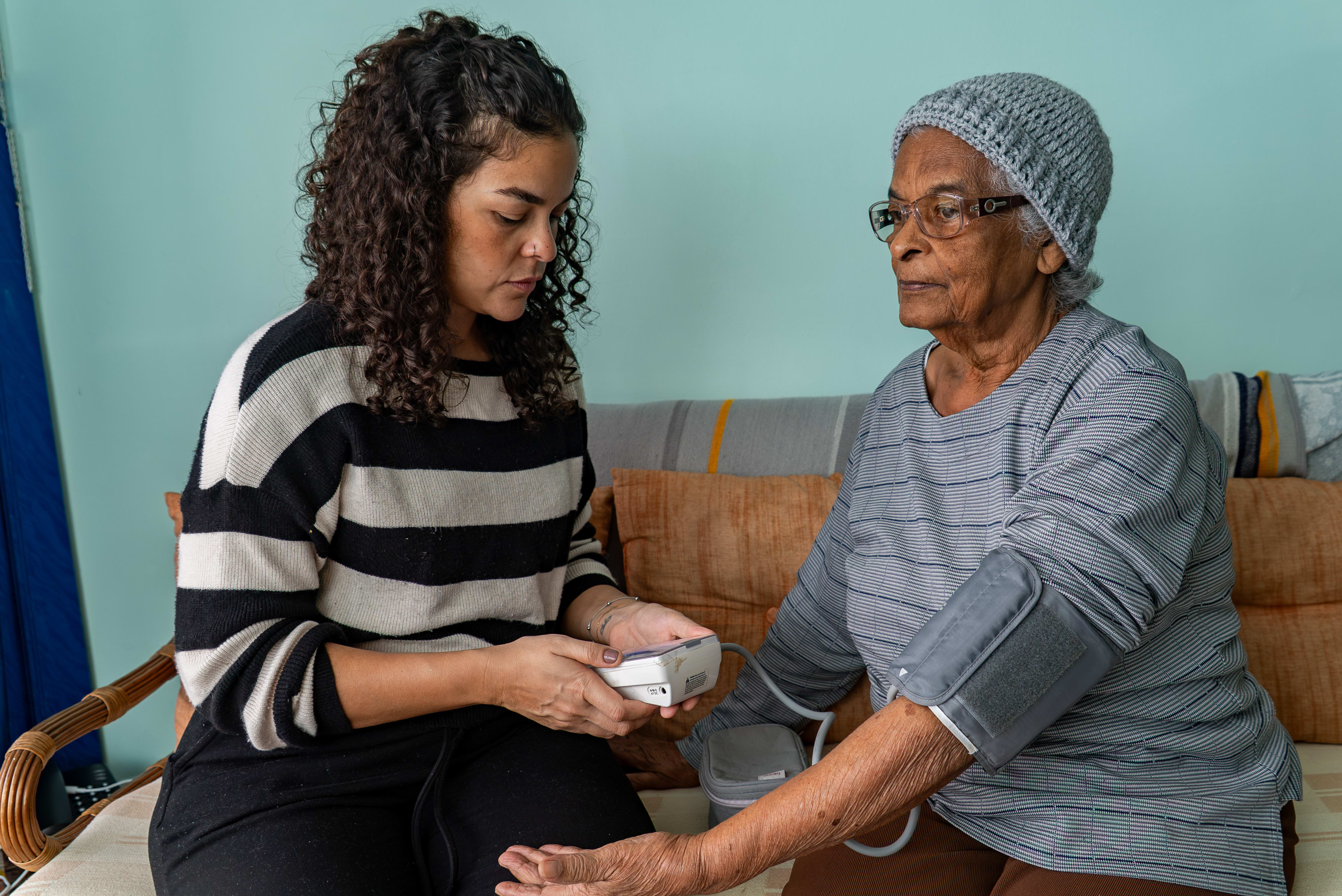New Study: Providence whole genome sequencing program shows transformative potential for population health
Published in Nature NPJ Genomic Medicine, Providence-led Geno4ME research program study highlights early detection, personalized prevention and prospect of improved care outcomes
RENTON, Wash. [July 1, 2025] — A new study from researchers at Providence, published today in Nature NPJ Genomic Medicine, demonstrates how Whole Genome Sequencing (WGS) can transform health care by enabling earlier disease detection, tailored prevention strategies and more precise treatment decisions. As a pilot program for population sequencing within a large U.S. community health system, the Geno4ME study underscores the growing role of genomics in everyday medical care, particularly for communities who have historically lacked access.
Led by Providence Genomics, the study focused on three core areas: cancer, cardiovascular disease and pharmacogenomics (PGx). Aligned with Providence’s Mission to serve all, the initiative conscientiously engaged underserved communities across Providence—meeting patients where they are, identifying individual health risks and seamlessly delivering personalized care.
“As an innovator in personalized medicine, Providence is laying the foundation for the broad adoption of genomic medicine across our entire network,” said Ora Gordon, M.D., medical director of the Providence Center for Clinical Genetics and Genomics and one of the study’s lead authors. “By expanding population genetic screening, we’re not only improving access, precision, and insight—we’re also embracing a transformative approach to patient care. WGS allows us to uncover genetic predispositions and tailor treatments based on a patient’s unique DNA, bringing the promise of truly individualized care to life.”
Unlike direct-to-consumer genetic testing services, Geno4ME delivers clinically validated, health system-integrated results. Results are accessible through the electronic health record, enabling easier use by clinicians and long-term value for patients. For example, clinicians are automatically alerted when a medication is prescribed that has an interaction with the patient’s genetic findings.
Key Findings:
- The study incorporated a novel electronic informed consent and education platform and outreached directly to patients. Patients consented to the study at consistent rates, irrespective of whether they were approached for the study through direct-to-patient outreach or within their provider's office. This suggests the potential for electronic platforms to increase the accessibility and scalability of genomic research participation.
- Of the 2,017 participants who received clinical reports, 432 (21.4%) had results with one or more actionable recommendations for managing hereditary disease risks or improving medication efficacy.
- 7.8% of participants were found to have clinically significant inherited, disease-related genetic findings, with the majority linked to cancer-associated genes. Family history did not drive whether someone had a positive finding, suggesting the benefits of genetic testing even when there is no obvious family history.
- 14.6% of participants in this unselected population received actionable PGx findings, supporting therapy adjustments to reduce side effects or improve drug efficacy. This shows that PGx testing may be beneficial for the general population, not just those who are selected for testing based on certain diagnoses or medications.
- Nearly 47.5% of study participants identified as racial or ethnic minorities, underscoring the study’s commitment to improving health outcomes and equity.
Conducted entirely within the Providence health system, Geno4ME represents a scalable model for integrating genomic data into routine care. The study addressed key barriers in genomic medicine—such as data privacy, EHR integration, and the need for education among both patients and providers—while demonstrating how by using a whole genome-based approach results can be reanalyzed over time to reflect emerging knowledge and health risks.
Looking ahead, the Geno4ME team is conducting longitudinal research to evaluate how WGS influences health care utilization and long-term outcomes.



